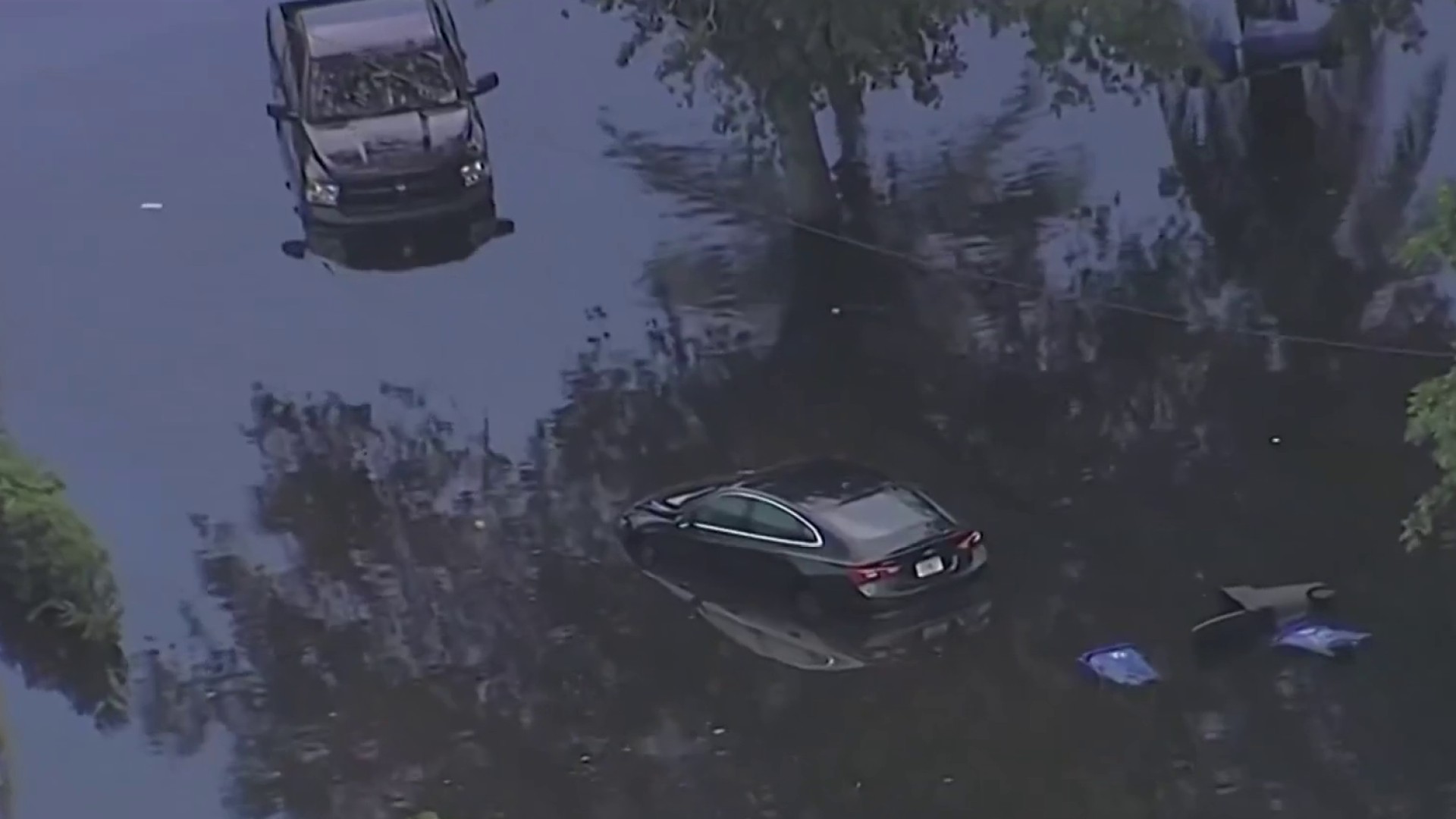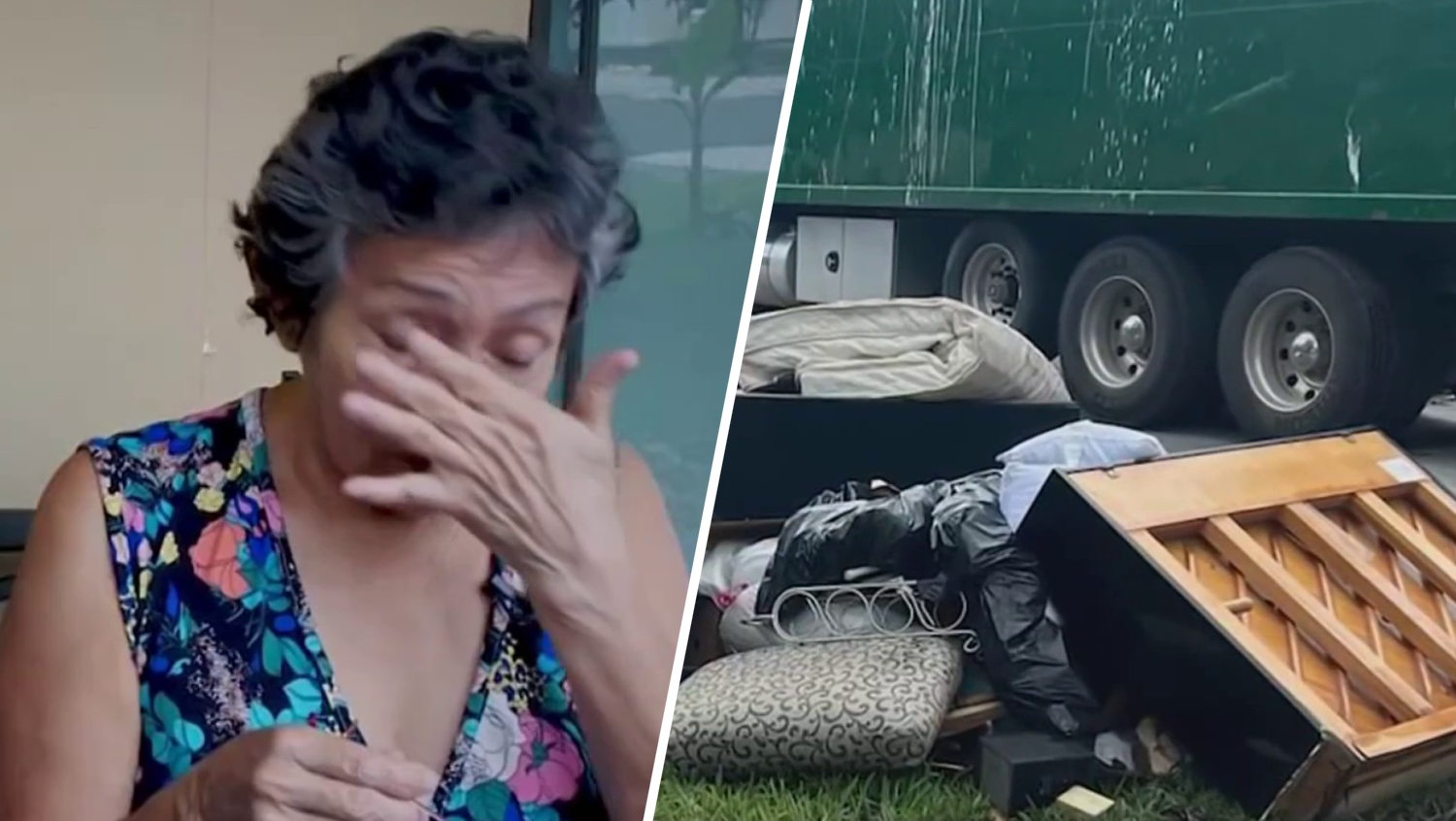Cities across South Florida are changing how they deal with recycling.
It’s a big business, but recycling has not been paying off for some communities. China, once American’s top buyer of recyclables, stopped taking most of our country’s recycling in 2018.
This change drove down the value on the global market, and drove up the price taxpayers were paying for the service.
“It made it economically not feasible to recycle,” said John Norris, the Director of Public Works for the City of Coral Springs.
Get South Florida local news, weather forecasts and entertainment stories to your inbox. Sign up for NBC South Florida newsletters.
Last year, the city stopped its traditional recycling program and started sending its recyclables to a waste-to-energy facility.
Norris says the cost to recycle in Coral Springs skyrocketed from $46 per ton to $76 per ton. The change to send recyclables to a waste-to-energy facility saved taxpayers nearly $300,000 in overages due to high levels of contamination.
Margate and the Town of Davie also started sending their recyclables to a waste-to-energy facility.
Responds
Responding to every consumer complaint
A spokesperson with the Town of Davie attributed this change to difficulty finding a reasonable price to accept recyclables and the contamination rates of recycling.
As cities try to adapt, the market for recyclables continues to shift.
“China used to take about 30% to 40% of the world’s recyclables, they closed their doors, but the good news is all of the capacity came domestically,” said Dawn McCormick, the Director of Communications for Waste Management.
Waste Management runs the largest recycling center in our area.
She says the company is now able to find buyers for 100% of the plastics and 75% of the cardboard and paper.
Recycling is more affordable, but contamination is still an issue.
“When you put garbage into your recycling bin, it adds to the costs,” McCormick said.
Broward County Commissioner Beam Furr helps lead the Solid Waste Working Group – a group looking to create a county-wide recycling program.
“Tell us how much waste is coming from everywhere and what is in that waste,” Commissioner Furr said. “The private companies have to make a profit, government doesn’t have to make a profit.”
They are trying to find out if a county-owned regional facility would help cut down the cost to recycle.
“We are much better together than we are by ourselves,” Commissioner Furr said.
But that’s years away – with cities having to make more immediate decisions.
Coral Springs brought their recycling program back this month.
Norris says the City of Coral Springs is getting the word out on how to recycle right. He is hoping this will help cut down on the extra costs that come when people put things in recycling that shouldn’t be there.



